This herb offers different potential benefits from the basil you find in pesto
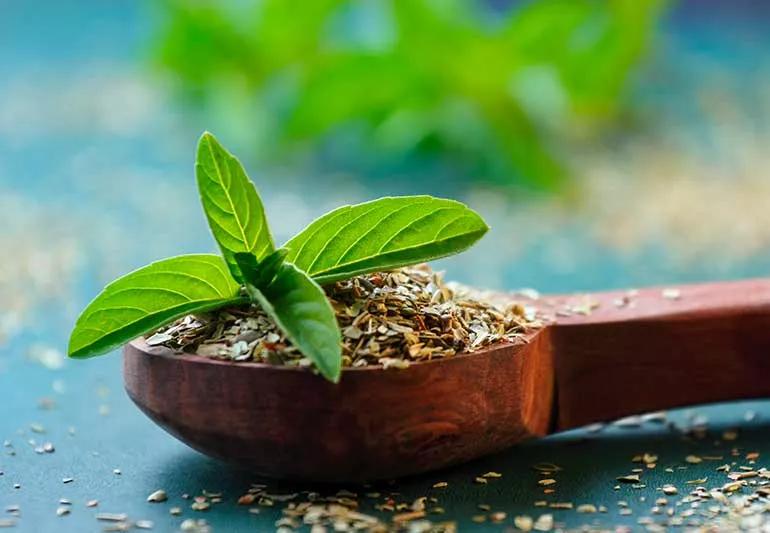
When you think of basil, you might think of its culinary uses in pastas, pestos, pizzas and more. But the basil we know by-and-large has a closely related cousin with a historical reputation.
Advertisement
Cleveland Clinic is a non-profit academic medical center. Advertising on our site helps support our mission. We do not endorse non-Cleveland Clinic products or services. Policy
Tulsi, also known as holy basil, gets its name because of its classification as a sacred herb for Hindus and its long-term association as a medicinal herb.
So, how exactly does Tulsi differ from its more commonly known cousin? And what sort of benefits can you expect by ingesting it daily? Registered dietitian Devon Peart, RD, MHSc, BASc, breaks down this special herb below, along with ways you can work it into your nutritional plan.
Holy basil or tulsi (scientific name: Ocimum tenuiflorum) is a medicinal herb that originates from India and has since been cultivated across East Asia, Australia and the surrounding tropics. The term “holy basil” gets its name because of its sacred classification among those who belong to the Vaishnavite sect of Hinduism.
Unlike traditional basil, which is often used in culinary cooking and has its own set of benefits, tulsi has a rich history as a core component in the medicinal practices of Ayurveda.
“Tulsi has been used for thousands of years in India and Nepal for its medicinal properties,” says Peart. “It’s been called ‘The Elixir of Life,’ ‘Liquid Yoga’ and ‘Queen of the Herbs,’ and it’s listed in the Journal of Ayurveda and Integrative Medicine for its many benefits.”
Advertisement
All parts of the plant — and particularly its leaves and purple flowers — are considered beneficial by people who sanctify the herb and by Ayurvedic practitioners.
Those who practice Ayurveda often use holy basil to create tea.
“You can pour boiling water over the leaves or the flowers and brew it for up to 10 minutes, similar to how you would make other teas,” says Peart. “After soaking them in boiling water, you strain off the solids and drink the leftover liquid.”
Tulsi can also be eaten raw if you can handle its bitter, spicy flavor. Or you can find it in other forms like extracts, essential oils or supplements — although Peart cautions using these forms.
“Supplements are notoriously not well-regulated,” she says. “From a safety perspective, if you have a particular health condition or you’re on medication, you should always check with a healthcare provider or pharmacist to see whether there could be any interaction between your medications and the supplements you’re thinking about taking.”
When looking at scientific research to determine whether or not holy basil is safe, studies are a bit varied and more research is needed.
Most of the studies on tulsi so far have been conducted in a laboratory setting. But in a 2017 systematic review of 24 clinical studies, researchers identified several positive benefits of tulsi in humans and found no negative downsides to using the herb for medicinal purposes. But only seven of those studies were classified as high-quality research, of which only three incorporated the preferred double-blind approach to clinical trials.
In addition, the long-term effects of using tulsi on a daily basis is relatively unknown. And to date, there isn’t a scientifically proven recommended dosage or daily limit for holy basil. Because of this, more research is needed to determine how much tulsi is needed to receive its intended benefits, how much is safe at any one time, and the exact mechanisms at play that inform the benefits people have experienced when taking this herb in its various forms.
“For a lot of the research, there’s a possibility that not every study is a great quality study. Sometimes, the benefits may be over-reported. And there’s always the possibility that there’s some negative evidence that hasn’t turned up through usual search engines,” explains Peart. “We don’t have long-term scientific evidence, but there have been thousands of years of traditional use — and that’s not nothing.”
The potential benefits discovered so far can be broken out into three areas:
Because of its properties as an antioxidant, research has shown that tulsi could have a positive effect on several metabolic processes, including:
Advertisement
In particular, holy basil could be beneficial for anyone who has:
Adaptogens, in particular, support your body’s ability to respond effectively to:
Some of the studies in the 2017 systematic review showed tulsi could increase someone’s energy and help manage physical and emotional stress. One example of a two-week controlled, randomized study from 2014 showed young adults who consumed nutrition bars fortified with eugenol tulsi leaf extract had significant improvement in levels of fatigue, immune response to viral infections and VO2 max — a scientific measure of lung capacity.
Researchers believe many of these benefits may be caused by one of the plant’s core chemical components known as eugenol.
A polyphenol, eugenol has also been found to provide additional or similar benefits in cloves because of its anti-inflammatory properties. A 2021 study even suggests eugenol may also inhibit some of the spike proteins found in the SARS-CoV-2 virus from taking root and causing a COVID-19 infection.
Another small, randomized, double-blind, placebo-controlled trial in 2011 also showed an increased immune response in adults after four weeks of using a tulsi leaf extract daily.
Advertisement
As you can see from the various trials and studies, much of what we know about tulsi seems promising, but we don’t completely understand yet just how we should use tulsi as part of our daily routines and for whom it’s most beneficial. We also don’t quite know whether or not there are any negative side effects. More research needs to be done, specifically in regard to human clinical trials.
“There isn’t any evidence at this point that says what’s a safe dose to use or how much you need to take for a specific health issue,” reiterates Peart. “We don’t have that level of specificity yet, but generally, daily use of tulsi has been found to be safe so far.”
If you decide to incorporate tulsi into your nutritional plan, Peart recommends sticking with holy basil tea or growing the raw herb organically on your own. If you’re considering using other forms like tulsi supplements, talk to your healthcare provider first, and avoid tulsi supplements completely if you’re pregnant or breastfeeding.
“You can use too much of any supplement, and if you do, there can always be some risk for side effects,” stresses Peart.
Advertisement
Learn more about our editorial process.
Advertisement

This herb not only helps prevent chronic diseases, but also elevates every meal
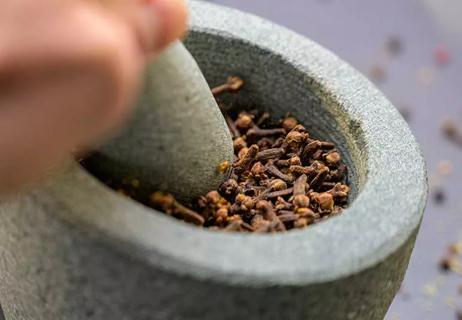
Cloves contain eugenol, which may have anti-inflammatory and antibacterial properties
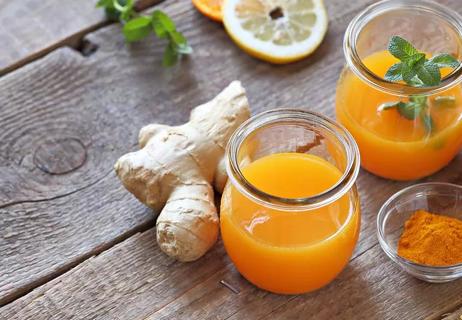
Try this spicy drink to help with digestion, inflammation and your immune system

This incredibly cozy spice is also anti-inflammatory and good for your heart
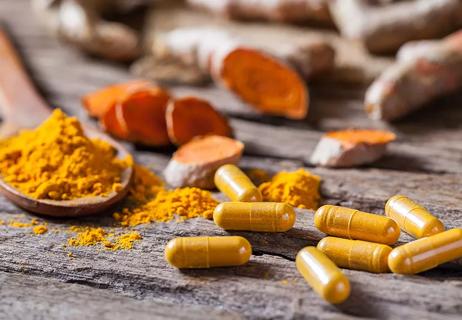
The yellow-colored spice does more than add flavor to your meals

Why water doesn’t work and what to do instead
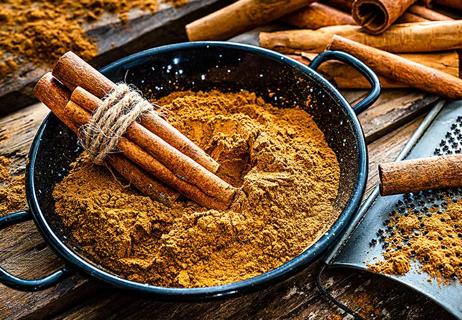
This common kitchen spice may pack a surprising health punch
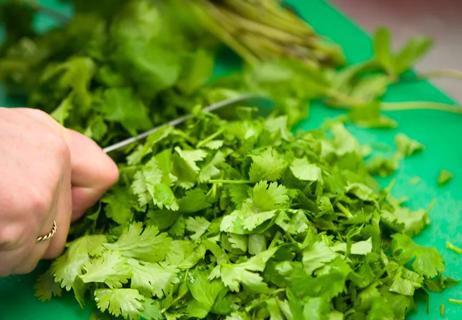
The mysterious reasons why some like cilantro and others can’t stand to be around it

Type 2 diabetes isn’t inevitable with these dietary changes

Applying a hot or cold compress can help with pain